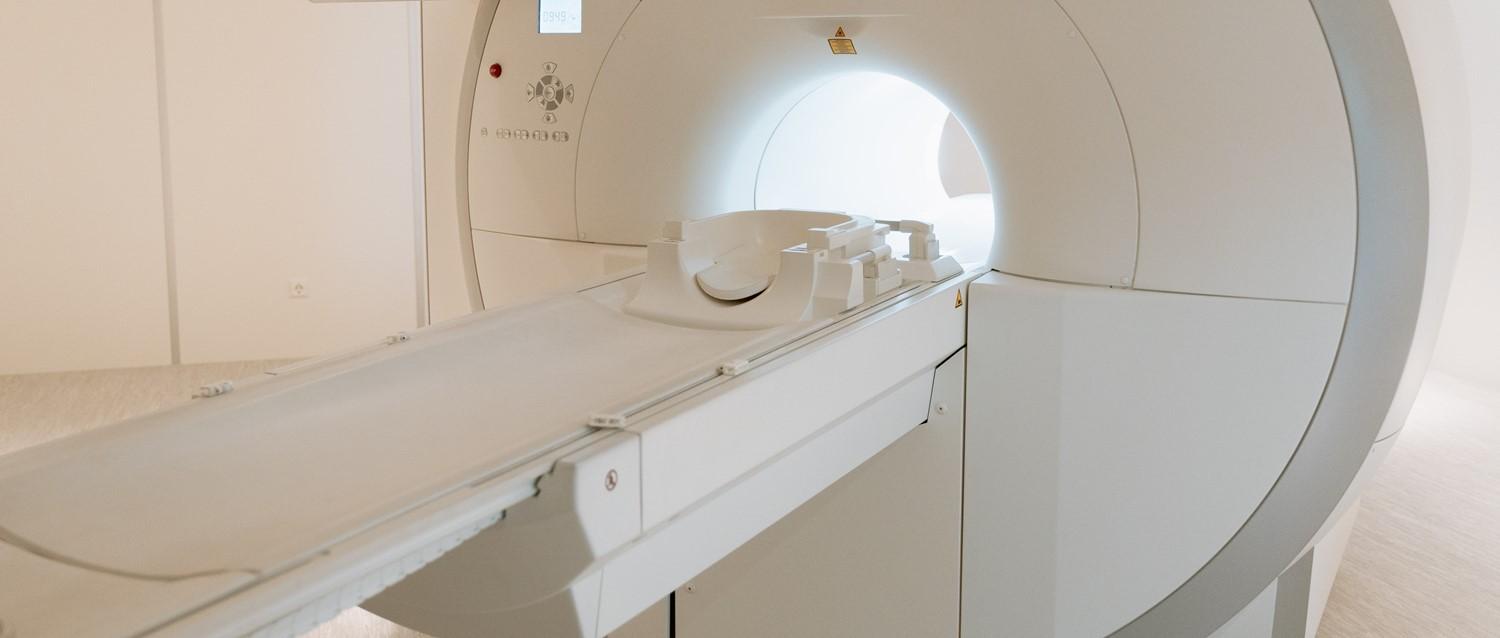
Lung cancer in non-smokers is more common than you think
Peer reviewed by Dr Sarah Jarvis MBE, FRCGPLast updated by Ellie BroughtonLast updated 10 Jun 2019
Meets Patient’s editorial guidelines
- DownloadDownload
- Share
- Language
- Discussion
Around 6,000 people who have never smoked die from lung cancer each year. Some experts believe that because it's primarily seen as a 'smoker's disease, lung cancer doesn't get the attention or funding it deserves. We explore how such stigma affects patients and the risk factors for the condition.
In this article:
After breast cancer, lung cancer is the second most common type of cancer for women aged 25-74. It's also still thought of as a smoker's disease.
But a recent study estimated last year that around 6,000 people who'd never smoked died from the disease. Although smoking (which doctors call a 'modifiable risk') accounts for 86% of lung cancers, too often we have no control over a diagnosis like this.
Liz Bradley [no relation to Dr Simon Bradley, mentioned below], 42, is a mother of three. When she was younger she competed at the World Championships for rowing, and more recently she sang in a choir. She has never smoked. Her lung cancer diagnosis came out of the blue. Doctors spotted it at stage 3 while screening for a burst abdominal cyst, and she went through treatment last year, followed by another surgery. She finished chemotherapy this year.
Continue reading below
Lung cancer stigma
When Liz talks to people about her diagnosis, she often anticipates judgement.
"Every time I talk about my cancer I say 'lung cancer' but I nearly always specifically follow it up with, 'And I've never smoked', because you kind of feel ... Will people think I'm really irresponsible because I smoked and I've got small kids?"
"People have less sympathy, I think, especially [compared to] cancers like breast cancer. People have this idea that you've done it yourself. I've never smoked a cigarette in my life. I used to be a professional sportswoman and I've never done drugs. I look after myself. But it still happens."
Professor Mick Peake, honorary consultant and professor of respiratory medicine in the University Hospitals of Leicester and one of the authors of the paper, believes that lung cancer has not had much coverage thanks to its stigma.
"The fact that it's so heavily linked with cigarette smoke in the public and professional eye means that it hasn't had the attention it deserves."
He points out that funding research into treatment has lagged behind: lung cancer accounts for between a fifth and a quarter of all cancer deaths in England, but an analysis reported in The Lancet in 2016 showed that it got just 6% of research funding.
The challenge of diagnosis
When The Guardian reported on the paper, rising air pollution was discussed as a possible risk, but Peake says that researchers believe that the biggest risk to never-smokers is other people's smoke.
"Children of parents who smoke are at least twice as likely to get lung cancer, whether they smoke or not. The effect of air pollution is there, but probably with a much smaller effect."
Dr Simon Bradley, a GP in Bristol, said that the difficulty in detecting lung cancer in never-smokers is, mainly, that it's very difficult to anticipate. This also goes some of the way to explaining why so many lung cancer diagnoses in never-smokers are made late, sometimes at stage 4.
In addition, it can be hard to detect. For example, he says, squamous carcinoma is usually discovered when the cancer is about two to three centimetres wide. But because it grows so slowly, it can take eight years to reach that size.
"It's been there a heck of a time and unless you remove most of the lung, nobody could detect it. It is beyond the capacity of science to detect the very earliest disease, so that window of opportunity is small and difficult because symptoms are so vague."
He explains that screening is not as simple as sending a patient off for a test - it carries its own risks and frustrations.
"Often people worried about cancer have an expectation It can be ruled out by test very easily. And that is not the case ... We can do a chest X-ray, say, and that would be normal, but that will miss a certain number of cancers."
Continue reading below
The symptoms to look out for
A progressive cough (that is, one getting more intense or frequent over about six weeks) for which there is no 'trigger' (such as a cough or cold that started it), or breathlessness without a trigger would raise most GPs' suspicions, he says. (A normal postviral cough lasts about three weeks). On top of a cough, he adds, patients might be hoarse, have shoulder pain, feel 'ill' or have a general malaise.
Bradley notes that for a few patients, cooking on open fires or in kitchens with a lot of smoke might have been risk factor, particularly if they have grown up or lived abroad somewhere where that is more common. But for most people, he says, smoking still poses the greatest risk for lung cancer.
"You're more than 20 times likely to get smoking-related lung cancer, than non-smoking-related lung cancer. If you're a smoker, don't worry if you've already tried to quit. Go again to your GP [or pharmacist] and ask for help - this might be the time you'll be successful."
Liz got the all clear quite recently. Fundraising for Macmillan and Race for Life and being open about what happened is helping her recover. She's also a spokesperson for the Roy Castle Foundation's #LikeMe campaign to raise awareness of lung cancer in non-smokers.
"Talking about it is one of the things I've always told myself to try to do to return my luck. Spreading awareness and raising money is my goal - I'm doing hikes and coffee mornings all over the place. I'm hoping I can repay my good fortune."
Patient picks for Lung cancer

Cancer
Lung cancer in non-smokers is more common than you think
Around 6,000 people who have never smoked die from lung cancer each year. Some experts believe that because it's primarily seen as a 'smoker's disease, lung cancer doesn't get the attention or funding it deserves. We explore how such stigma affects patients and the risk factors for the condition.
by Ellie Broughton

Cancer
What are the stages of lung cancer?
Lung cancer is the third most common type of cancer in the UK, after breast and prostate cancer. Healthcare professionals use the stages of lung cancer to determine how advanced the cancer is, and what treatments may be most effective. Lung cancer staging therefore plays a crucial role in improving survival rates.
by Amberley Davis
Continue reading below
Article history
The information on this page is peer reviewed by qualified clinicians.
10 Jun 2019 | Latest version

Ask, share, connect.
Browse discussions, ask questions, and share experiences across hundreds of health topics.

Feeling unwell?
Assess your symptoms online for free
Sign up to the Patient newsletter
Your weekly dose of clear, trustworthy health advice - written to help you feel informed, confident and in control.
By subscribing you accept our Privacy Policy. You can unsubscribe at any time. We never sell your data.